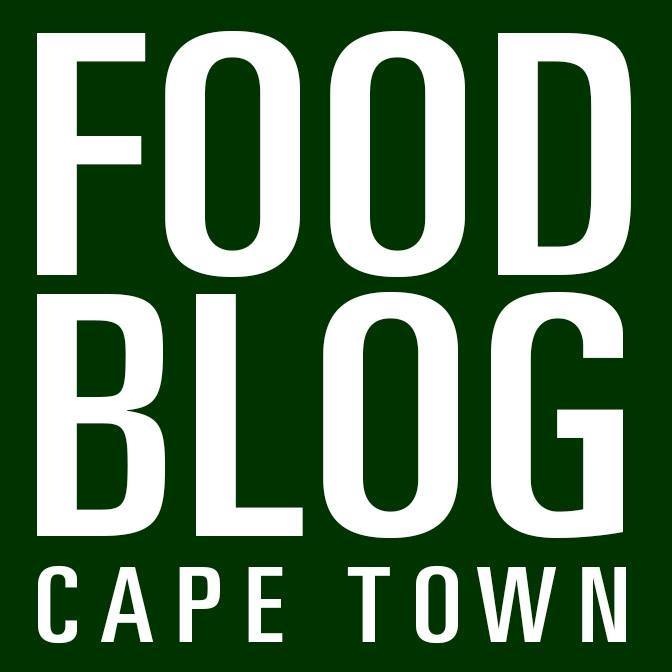From fermenting pineapples for a home brew to whipping up non-alcoholic cocktails, ever-resourceful South Africans have found unconventional and innovative ways to quench their thirst under the pandemic prohibition.
Rather than fleeting trends, these are signs of new consumer behaviour heading into 2021 – and those in the beverage industry need to respond accordingly.
“Exposure to non-alcoholic or healthier alternatives is one of the major legacies of the hard lockdown. In the past, non-alcoholic versions of popular drinks were considered quite niche – everyone knows that South African’s love a big glass of wine after a long day. Now that people have tasted and enjoyed these alternatives however, there’s been a shift towards quality taste over alcohol percentage,” says Alex Glenday, Director at Brew Kombucha, South Africa’s first certified organic kombucha.
The shift in sentiment aligns with a general trajectory in the food and beverage industry towards low sugar, nutrient-rich products. Covid-19 has compounded this trend, as people search for ways to protect their immune systems from the inside out. Drinks with inherent health properties, like vitamin-infused juices and probiotic-rich fermented teas, have become even more popular as a result.
Beyond the type of beverages consumers are choosing, Covid-19 has also impacted where consumers are choosing to buy from. With many companies unable to sell their goods through traditional wholesale and retail partners under lockdown, direct-to-customer online stores have become commonplace among beverage producers. Smaller, local business have also seen a huge boost in support, with people wanting to support their community during a difficult time.
“Now that consumers have enjoyed the convenience of having drinks delivered to their doorstep, and with social distancing measures still in effect for the foreseeable future, customers have come to expect this as a standard offering – especially from smaller businesses, who traditionally offer more personalised engagements,” says Glenday.
In addition to concern for personal health, consumers are increasingly aware of their impact on the environment; “Younger generations – for whom global warming is a primary concern – are willing to change their buying habits in favour of products whose production and disposal do not negatively impact the earth. Moving forward, sustainable and preferably organically sourced ingredients and recyclable packaging will drive purchasing decisions,” says Glenday.
Brew Kombucha is a proudly South African, female-led producer of certified organic rooibos tea kombucha.
Placing the environment at the forefront of every decision, their packaging is made up of recycled materials and is 99% single use plastic free. The company won a number of awards at the 2020 International Aurora Taste Challenge, including double gold for their buchu-flavoured kombucha.
For more information, visit www.brewkombucha.co.za.


